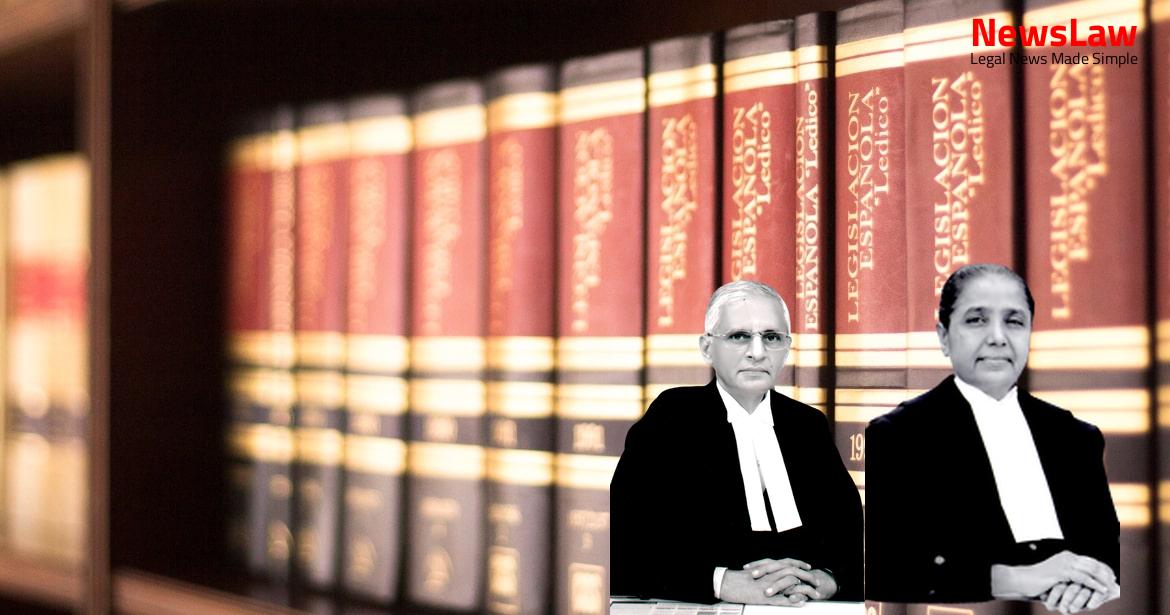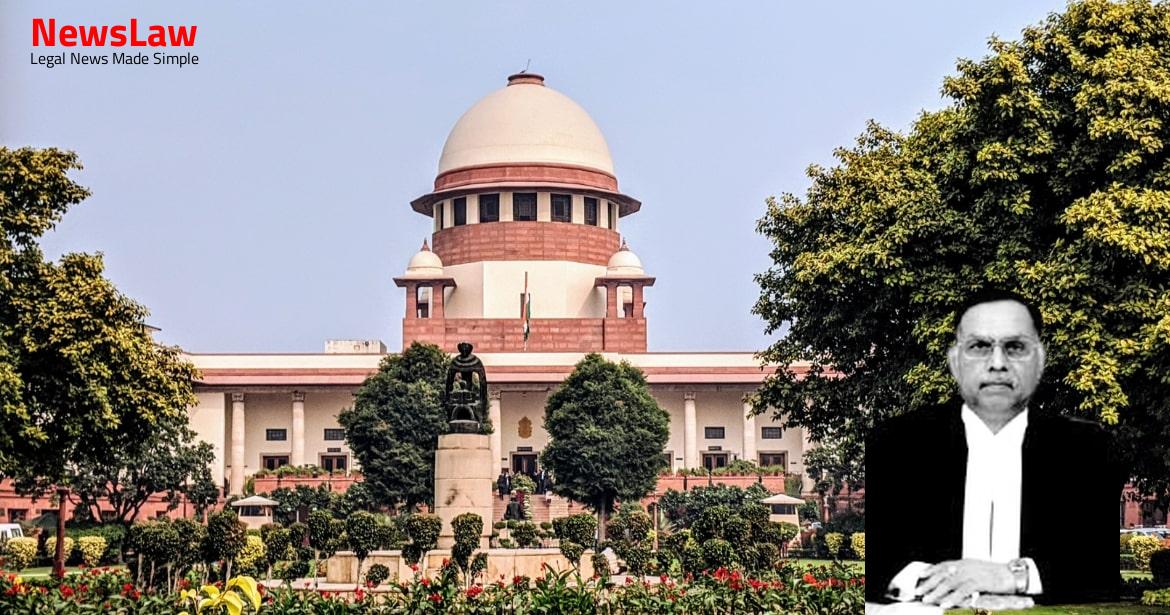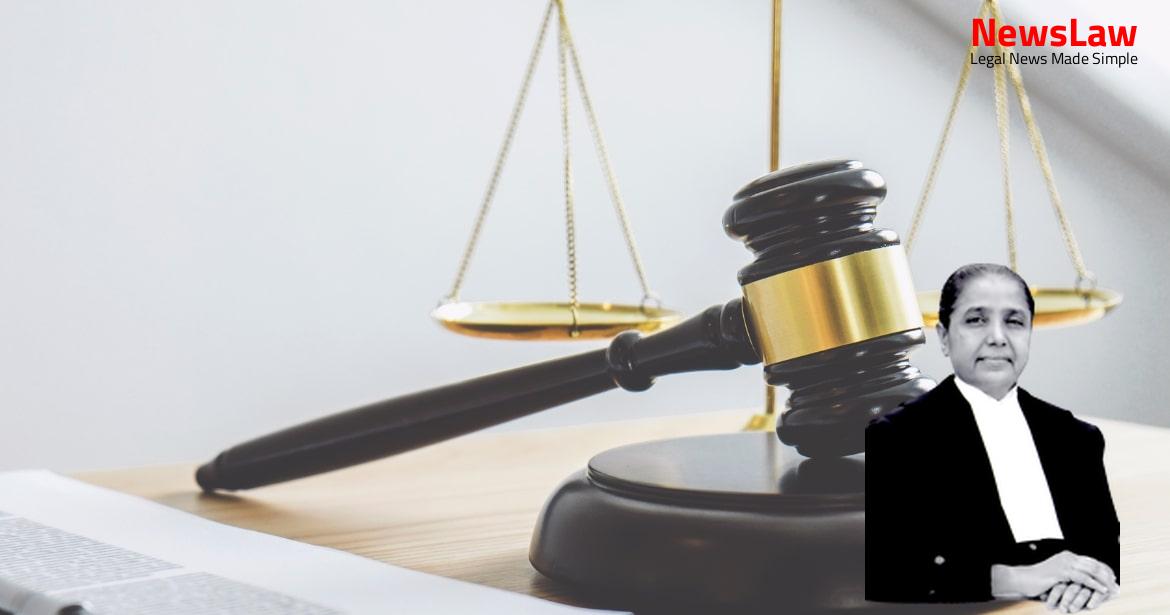In a recent landmark judgement, the Supreme Court of India made a decisive ruling in a case concerning a booth allotment dispute. The court addressed the issue of payment default in the case involving the Chandigarh Administration and Hari Ram. The ruling provides clarity on the obligations of leaseholders and the consequences of payment default in such cases.
Facts
- Hari Ram was allotted booth No.254, Sector-20D, Chandigarh by Chandigarh Administration on lease basis for 99 years in 1996 for a total premium of Rs.70,500.
- Hari Ram failed to pay the first, second, and third installments along with ground rent which led to the cancellation of the lease in 2006.
- High Court allowed the writ petition filed by Hari Ram and set aside the eviction order, directing the refund of Rs.40,000 deposited by him to pay the outstanding dues.
- Despite seeking time to deposit pending dues, the Chief Administrator initiated eviction proceedings under the Public Premises (Eviction of Unauthorised Occupants) Act in 2007.
- Hari Ram filed an appeal and then a revision before the Advisor to the Administrator, stating his financial constraints and offering to pay the outstanding amount.
- In another case Teri Oat Estates, Hari Ram paid installments during the court proceedings and a substantial amount towards dues with interest.
- The Additional District Judge set aside the eviction order as the appeal against the cancellation of allotment was pending.
- The Chief Administrator dismissed the appeal against the cancellation of lease on 20.08.2008.
- The High Court mentioned that slump in business cannot be a reason for default in lease rent payment.
- The High Court directed one more opportunity to be given to the appellant to pay the outstanding dues.
- Total premium for the booth was Rs.70,500/- and the appellant had paid Rs.1,02,000/- till then.
- The appellant defaulted in paying the first, second, and third installments as well as the ground rent.
- Despite twenty-six opportunities given by the Chief Administrator, the appellant failed to deposit the dues.
- The High Court ordered the return of Rs.40,000/- to the appellant to help clear the outstanding dues.
- The Chandigarh Administration appealed against the High Court’s decision.
- The allotment of commercial booth No.254 was made to the appellant on 26.12.1996.
- The Advisor to the Administrator dismissed the revision stating the appellant was given sufficient time to clear dues but failed to do so.
- The Additional District Judge set aside the eviction order based on the pending appeal against the cancellation of allotment.
Also Read: High Court Acquittal Case of State of Uttar Pradesh v. Jai Prakash
Analysis
- The judgment in Teri Oat Estates (P) Ltd. v. U.T., Chandigarh and Others (2004) 2 SCC 130 was relied upon by the High Court.
- The case provided legal precedents and guidance for the current case being heard.
- The decision in Teri Oat Estates (P) Ltd. v. U.T., Chandigarh and Others (2004) 2 SCC 130 influenced the High Court’s interpretation and ruling in the present matter.
- The respondent has consistently defaulted in payment of the premium/instalments after the initial payment made in 1996.
- In the interest of maintaining balance, Supreme Court’s doctrine of proportionality from Teri Oat Estates case is applied.
- The current market value of the booth in 2010 is determined to be Rs.12,77,950/-.
- Due to the default and the payment history, the respondent is directed to pay the 2010 market value of the booth.
- The appellant administration cannot be expected to sell the land at the same rate as in 1996 considering the current value of Rs.26 lakhs in 2015.
- The respondent has paid a total amount of Rs.2,72,969/- inclusive of property tax.
- The High Court’s order of cancelling the allotment was deemed appropriate due to the default in payments and the current market value considerations.
- The respondent is instructed to pay the Rs.12,77,950/- as the then market value of the booth in 2010.
Also Read: Judgment Review: Supreme Court’s Ruling on the Capital Punishment Appeal
Decision
- The respondent is granted six months to pay the amount of Rs.10,25,950/-
- Upon deposit, the appellant-Administration will confirm the allotment and execute necessary documents in favor of the respondent at the respondent’s expense.
- Failure to deposit within six months will result in eviction proceedings according to the law.
- The impugned order of the High Court is set aside, and the appeal is allowed.
- Property tax paid by the respondent cannot be adjusted against the amount payable.
- The amount of Rs.10,25,950/- is payable by the respondent (Rs.12,77,950/- less Rs.2,52,000 already paid).
- This order is specific to the current case and should not be used as a precedent in other cases.
Also Read: Compromise Reached: Reddy Satyanarayana vs Narapureddy Sanyasi Rao
Case Title: CHANDIGARH ADMINISTRATION Vs. HARI RAM
Case Number: C.A. No.-006123-006123 / 2019



